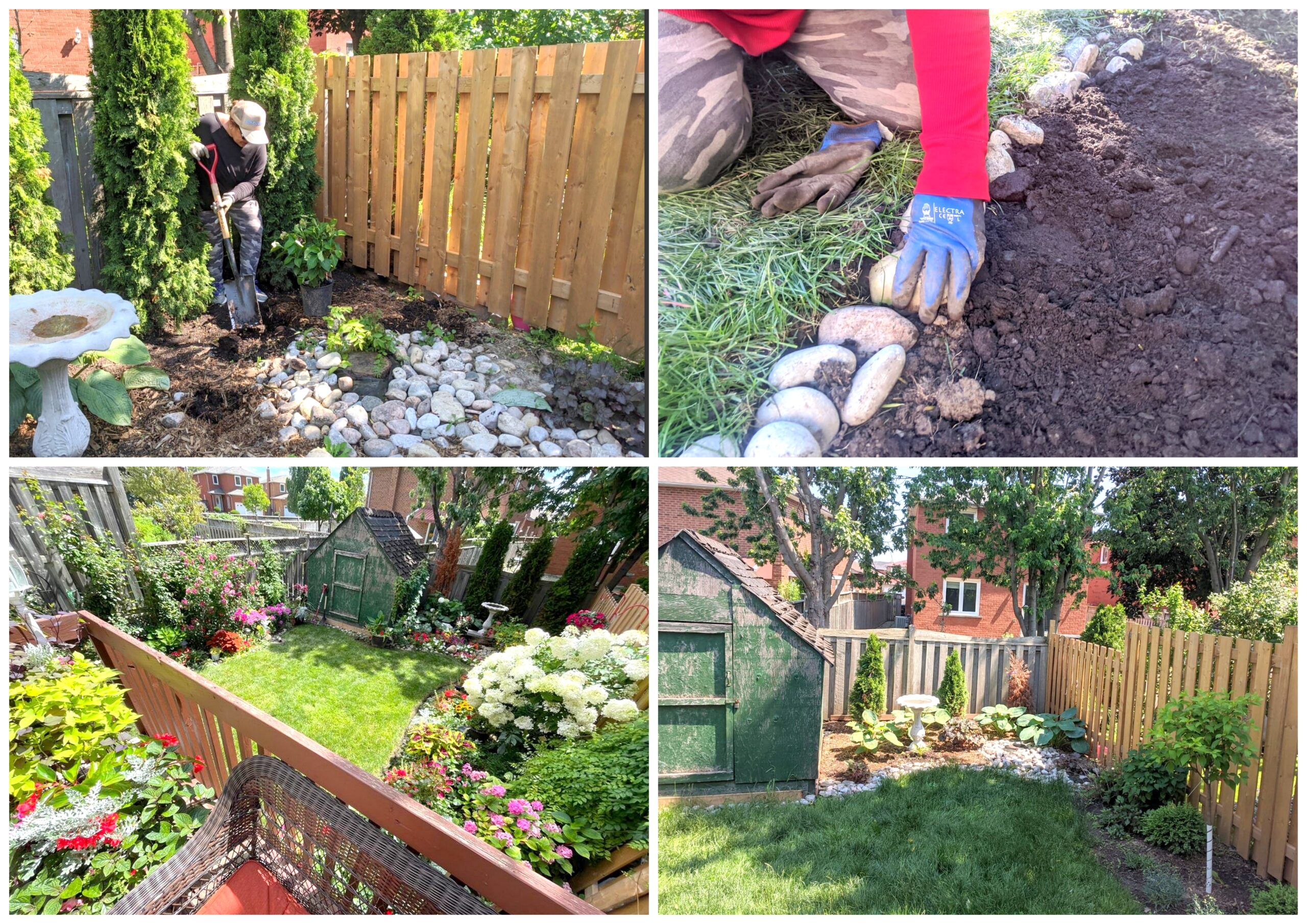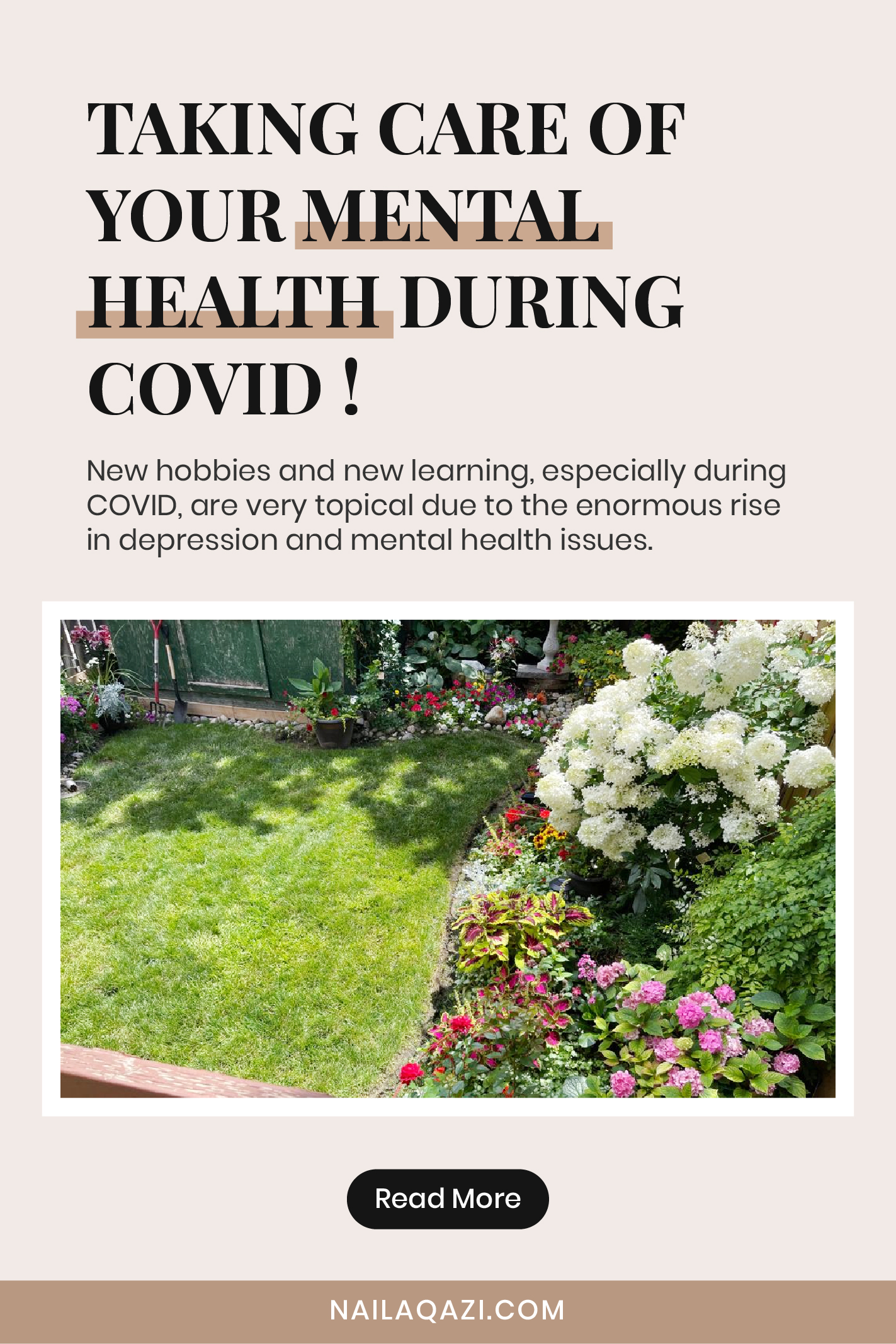New hobbies and new learning, especially during COVID, are very topical due to the enormous rise in depression and mental health issues. There are healing impacts of hobbies on our brains and the psychological and biological benefits to our lives.
In the past nine months, I started a new hobby in COVID, and I have surprised myself. I have changed a dump of a backyard into a garden, and it feels great!
It is learning something new and appreciating myself, a positive self-regard about what I could do, starting with absolutely no skills in something. The brain-boosting impacts of hobbies and new learnings have scientific evidence, and the results are both emotional and mental.
I am still working on my gardening skills. I never thought gardening will help so much keeping my sanity in isolation and under remote working conditions of COVID.

Hobbies are not equally ranked regarding their brain-boosting impacts. I was reading Dr. John Randolph’s article on ‘The Benefits of Brain-Boosting Hobbies.‘ he cites that people who engage in specific activities—such as playing a musical instrument, doing crossword puzzles, or playing games—tend to have better memory and executive functioning skills and a reduced risk of dementia. These are long term benefits. But these activities are quick mood changers as well.
To understand the human brain and brain-boosting hobbies, Dr. Daniel Amen’s book ‘Change your Brain, Change your Life‘ is my go-to book. Some of the hobbies that heal our brains are fun, and I am sure anyone of us can start anytime, even when we are alone.
Some of the brain-boosting fun hobbies include:
Singing
‘Sing whenever, wherever you can,’ says Dr. Amen. It has a healing effect on the temporal lobes (parts of the brain that deal with memory and mood).
Several studies support that healing music, for example, Mozart, “warms up” the brain. Research at the University of California and later, a study conducted by Frances H. Rauscher demonstrated that listening to Mozart —‘listening to complex, high-quality music facilitates the same neuronal patterns as doing math or playing chess.’ The Mozart Effect, an experiment conducted by Don Campbell, describes the positive impact of music on learning and mood stability.
In East Asian cultures, singing is a very common form of storytelling. I remember, growing up as a curious kid, I would sit with my grandpa and listen to a guy who would come in summer evenings; we would all sit in an open backyard and sing the messages of inclusion, humanity and celebration of life. He would sing Sufi Kalam (verses of Sufi poets). I still remember what I have learned through the rhythm; I think it stimulated my temporal lobes forever!
Chanting
Chanting along with rhythmic movements has been found to bring tranquillity, peace and openness of mind. Some studies have shown that religious chanting and praying alleviate negative emotions of fear and stress.
Dancing
Dancing and other forms of rhythmic body movements boost cerebellum activity – a part of the brain involved with physical and thought coordination.
Table Tennis
Some studies regard table tennis as the world’s best brain sport. In a Japanese study, people went through a brain imaging exercise after playing table tennis for just ten minutes. It was fascinating to observe an increase in the prefrontal cortex (part of the brain involved in executive functions such as focus, thinking and planning, etc.)
Humming and toning
Voice enhances moods and has a positive impact on memory. Dr. Amen describes that toning balances brain waves, reduces the heart rate, and increases a general sense of well-being. Certain sounds, for example, Ahhh, Ee or Ay and oh or Om, have a positive effect on the body and mood. Humming and toning lift the mood, and I enjoy it!
To learn more about other hobbies and new learning you want to start during COVID, look at these resources.
https://brainmd.com/change-your-brain-change-your-life-revised-and-expanded

